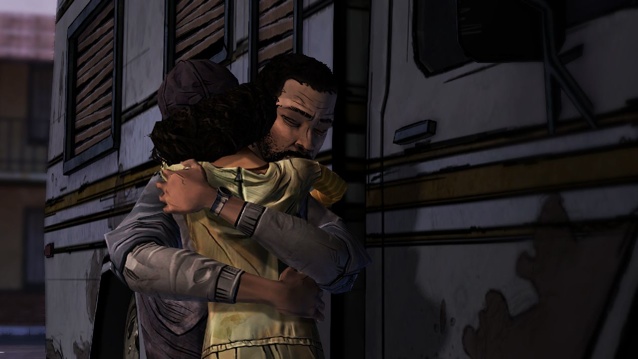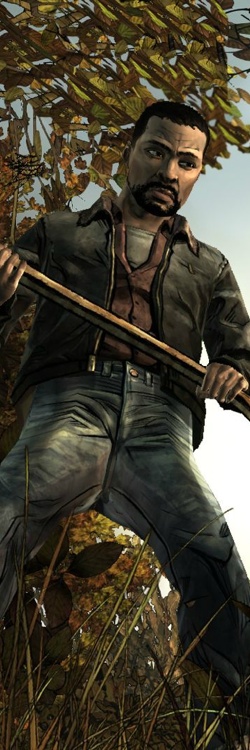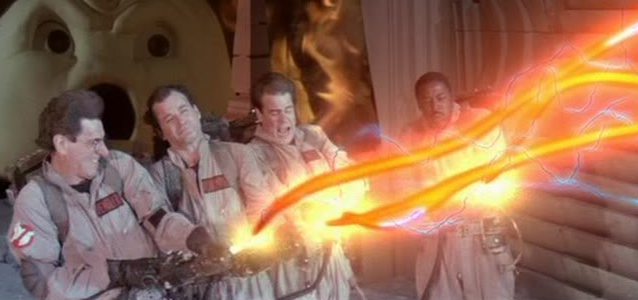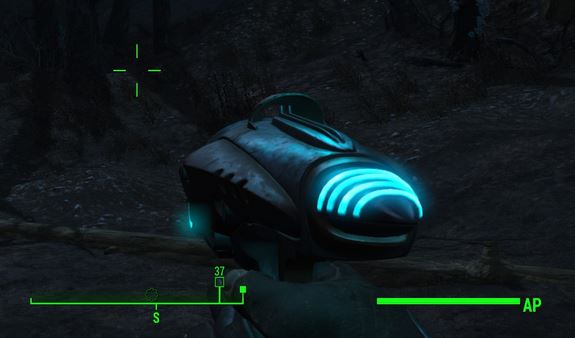


There is an obvious correlation between the advancement of the interactive narrative style of video games and emotion. Don’t get me wrong, I would be greatly disheartened if Mario died on his quest to rescue Peach; after all, Mario is forever immortalized in the classical gaming cannon. However, give me an ending like the one in Final Fantasy XIII-2 or Mass Effect 3 and my controller will hit my TV screen while I commence the eating of an entire pint of frozen yogurt. More often than not, I find myself startled by the depth of modern game narratives; this especially proves to be true with Telltale Games' The Walking Dead. Despite the fact that I was surrounded by the warmth and company of friends during our marathon play-through, I cried, screamed, ate loads of froyo, and hid in a pile of pillows and blankets.
In the entirety of my gaming career, this is the only game that has given me an emotional hangover that returns whenever I eat a clementine… But what makes this game so different than other powerful narratives and what does this mean for the future of gaming? Why did a simple point-and-click game win Game of the Year?
 Arguably, The Walking Dead isn’t novel when compared to other interactive or branching narratives where the player choices affect plot. However, where games like Mass Effect and Dragon Age retain traditional RPG traits like open-world exploration, character customization, and action adventure play-style, The Walking Dead avoids these traits almost entirely. The game, wholly focused around its narrative, barely allows the player to lift a gun. There is no customization and the world is relatively linear. So how on Earth did a downloadable game beat out AAA titles like Assassins Creed III, Mass Effect 3, or Halo 4? I mean, for the majority of the game the player converses with NPCs and makes difficult decisions; that’s pretty much the gist of it. Yet with all of the “lack” of action, it still plays like an adventure game. Although the game’s puzzles are often simplistic in nature and are accompanied by a few glitches, the game makes up for its problems with its overall manner of storytelling.
Arguably, The Walking Dead isn’t novel when compared to other interactive or branching narratives where the player choices affect plot. However, where games like Mass Effect and Dragon Age retain traditional RPG traits like open-world exploration, character customization, and action adventure play-style, The Walking Dead avoids these traits almost entirely. The game, wholly focused around its narrative, barely allows the player to lift a gun. There is no customization and the world is relatively linear. So how on Earth did a downloadable game beat out AAA titles like Assassins Creed III, Mass Effect 3, or Halo 4? I mean, for the majority of the game the player converses with NPCs and makes difficult decisions; that’s pretty much the gist of it. Yet with all of the “lack” of action, it still plays like an adventure game. Although the game’s puzzles are often simplistic in nature and are accompanied by a few glitches, the game makes up for its problems with its overall manner of storytelling.
During my play-through, when it came time to make difficult decisions I felt my heart pounding with stress and anxiety, a reaction that happened about every five seconds. Talk about a year’s worth of cardio. When a specific character (who shall not be named) died, I literally was brought to tears. In the midst of a zombie apocalypse, Telltale makes the player overlook the undead in fear of something completely unexpected… humanity.
Forgetting about the zombie apocalypse -- that is a massive thing to claim in terms of game narrative; most games that center on the zombie apocalypse concentrate on the apocalypse and nothing else. The Walking Dead’s narrative potency lies in its character development, not the end of the world or the walking undead – which is perhaps what makes the game so fresh. The characters are anything but one dimensional, and they all continue to develop throughout the game’s five episodes. This development leads the player down a rather slippery psychological slope based off total ambiguity and distrust. In short, Telltale shows the players that, although there may be no zombies in sight, there is and will never be a “comfort level.” Even if the player thinks they are working towards a constructive relationship with a character, the “he/she will remember that” that flashes across the screen leaves the player wondering just how that character will remember that specific action or dialogue. Will they put an axe in your face later down the road… or will they give you a candy bar to restore energy? In all of its ambiguity, the game keeps the player guessing more and more, eventually drawing them into the lives of all of the characters. Personally, I have never felt so attached to characters in a game or so guided by the morality of caring for a child like Clementine.
I read a recent post somewhere claiming that The Walking Dead “isn’t really a game.” Yes, it is an interactive story, but that’s like saying comic books aren’t literature because there are too many pictures and not enough words. What qualifies for a game? With the way the gaming industry is going the term “game” is only becoming more diverse. When a narrative has a profound psychological and emotional effect on a player, that is considered damn good storytelling. When an interactive narrative (fancy way of saying video game) has the same effect, that is considered a damn good game. The fact that the Walking Dead won Game of the Year will perhaps show that there is more to the industry than AAA titles and blazing guns, that games can be interactive awe-inspiring stories, beautiful journeys, and ultimately, a form of art. Perhaps now novelists and script-writers will begin to blend the collaborative art of game writing with the same amount of respect as books and scripts.




 Sniper Elite 3 Weapon Part Locations List
Sniper Elite 3 Weapon Part Locations List Fallout 4 Guide: How To Get The Alien Blaster Pistol, Map Location and Screenshot Revealed
Fallout 4 Guide: How To Get The Alien Blaster Pistol, Map Location and Screenshot Revealed Too Good To Be True? Read This Before Buying Discounted Game Keys
Too Good To Be True? Read This Before Buying Discounted Game Keys 5 Sites That Help You Understand The US Primary Elections
5 Sites That Help You Understand The US Primary Elections MGS V: The Phantom Pain - How to Find the Legendary Bear
MGS V: The Phantom Pain - How to Find the Legendary Bear